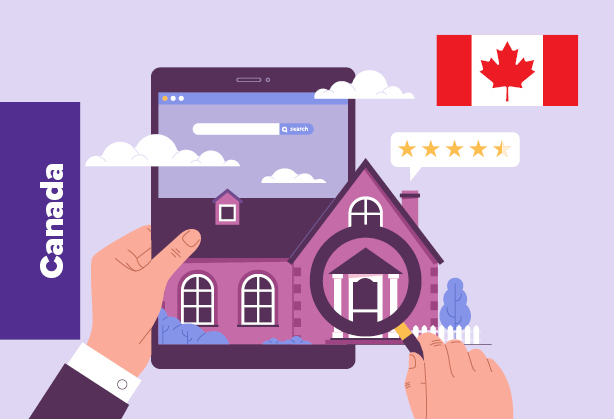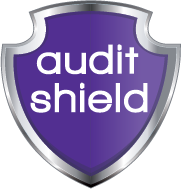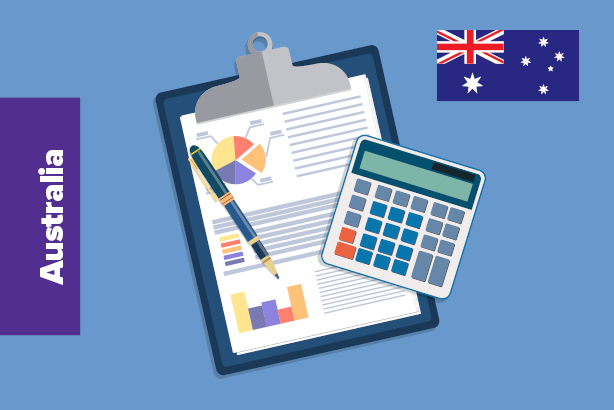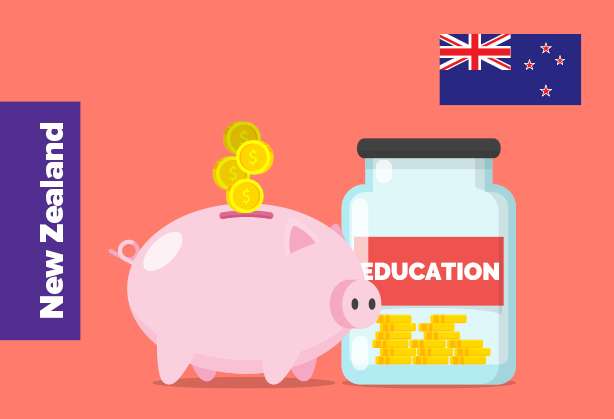
Get Up to Date with Airbnb Income Tax Regulations
But with this added income comes a tax responsibility. How the Canada Revenue Agency (CRA) classifies that income can have major implications for deductions, benefits, and compliance.
Income earned from short-term rentals can be considered rental income or business income, depending on the services provided. If you rent out a space and offer only essentials, the CRA generally treats the income as rental income. However, if you provide services that go beyond the basics your earnings may be considered self-employment business income.
The distinction is critical because it affects how you file your taxes and whether that income is treated as “earned income” for other tax purposes. Rental income is reported on Form T776, while business income requires Form T2125.
As of 2024, new federal rules target non-compliant short-term rental properties. If your property is located in a municipality or province where short-term rentals are restricted, or if you operate without the proper licences or permits, the CRA may deny your expense claims.
Even if your rental is compliant, deductions can only be claimed for reasonable expenses tied to the rental period. For example, if you rent out part of your home, such as a basement or spare bedroom, deductions must be prorated by square footage and by the number of days the space was rented.
Another key difference between rental and business income is its treatment under the Canada Pension Plan (CPP). Rental income doesn’t require CPP contributions, but business income does. On the positive side, if classified as business income, those earnings are considered “earned income,” which cab used to calculate eligible child care expense deductions. Rental income doesn’t provide this advantage.
The importance of classification was underscored in a recent Federal Court case. A taxpayer who earned income through Airbnb was denied access to COVID-19 relief programs like CERB and CRB. The CRA ruled his earnings were rental income, and did not meet the eligibility requirement of at least $5,000 in employment or self-employment income. Since the taxpayer had consistently reported his Airbnb earnings as rental income in prior years and offered no evidence of additional services beyond basic cleaning between guests, the court sided with the CRA.
For Canadians operating short-term rentals, proper classification of income is essential. It not only affects how you file and what you can deduct but may also determine your eligibility for government benefits. Clear record-keeping and, where necessary, professional tax advice can help avoid costly surprises.



